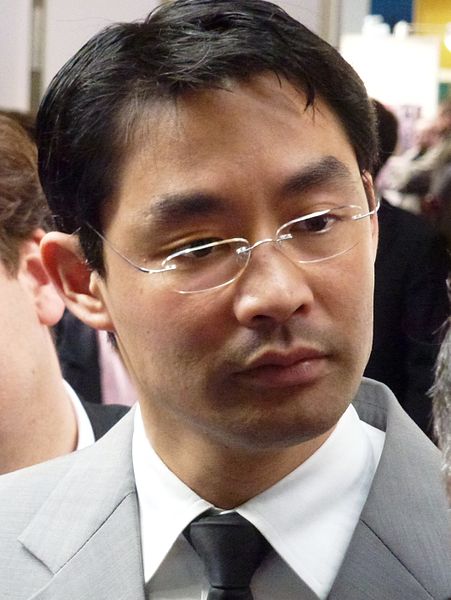This year’s election to the Bundestag is a turning point in the history of German, and also probably worldwide, liberalism. The reason for that is the discrepancy in opinions about what the biggest threat for the realisation of liberal ideals is.
Throughout more than several decades, the answer to the question “what should we protect individual freedom from?” was easy. Totalitarianisms and authoritarian dictatorships were mortal enemies. Of course, they differed from one another, but all of them questioned both the axiological base of liberalism – the belief in moral equality of people – and its economic correlate, that is, the rule of unfettered private entrepreneurship in the conditions of free-market competition.
Since the day of Hitler’s suicide, Mussolini’s execution, Franco’s death – administered with sacraments – since the end of Chinese cultural revolution and since the signing of the Belavezha Accords, about the dissolution of the Union of Soviet Socialist Republics, every day has made the fear of total power lesser and deprived liberalism of fuel. At the same time, the everyday economic practices in the countries which were commonly regarded as the ones which did not respect freedom – from Pinochet’s Chile to Deng’s China – questioned the cohesion of the idea according to which free market was to guarantee free politics and the scope of state’s power was to be systematically reduced to increase the freedom of an individual. Classical liberalism from the second half of the 20th century corresponds to today’s reality less and less.
In reality, finding the answer, according to the main strand of liberalism, can be a challenge. Throughout decades, as more democratic western countries branched off from the model of protective welfare state and adopted neoliberal laissez-faire rules, there has arisen a stronger and stronger feeling that it is not the state, whose apparatus is eventually subordinated to democratic control, that is the threat to the freedom of an individual, but spontaneous social powers, which express themselves in a way the free market works. It is not a new reflection – earlier on it appeared in the middle of the 19th century and underlay Marxism. “The new left” from the end of the 20th century is different from Marxism, because it does not get engaged in the intricacies of class antagonism and revolutionary moments. From this point of view, it is closer to liberalism, at least in the American understanding of this word, than to social democracy or communism – although it aligns with the first one.
After the last election to the Bundestag, The Greens have big chances to replace the classical Free Democratic Party (FDP) from the 20th century, not only as a coalition party of Christian Democratic Party/conservatives, but also as a practical emanation of cosmopolitan German liberalism. Despite this – and that is what Piotr Beniuszys hopes for – “the party of freedom” will not revive itself. Some of its activists and supporters will go over to the conservative camp and the rest will split between The Greens and Alternative für Deutschland, which holds a free-market credo of right-wing liberalism to a logical end. Alternative for Germany (AfD) obtained in the election only 1 vote per million less than FDP, and its only deputy in Landtag (Jochen Paulus in Hesse) was chosen from this party’s list. The thing that distinguishes these two parties is the attitude towards common European currency. The FDP protects it in the name of the continuation of integrative project, while AfD wants to abandon it, because that is what a cool monetary analysis results in. In my opinion, AfD is wrong: the euro has always been a political, not a technical and economic, project. Its politicians identify the threat to the freedom of an individual wrongly – they see it in redistribution and strong EU institutions – but they are more consentaneous drawing conclusions from this diagnosis than FDP has ever been. From now on, German liberalism will be divided into two parts, as different from each other as Dutch D66 and VVD, or as Polish Palikot’s and Gowin’s parties.



